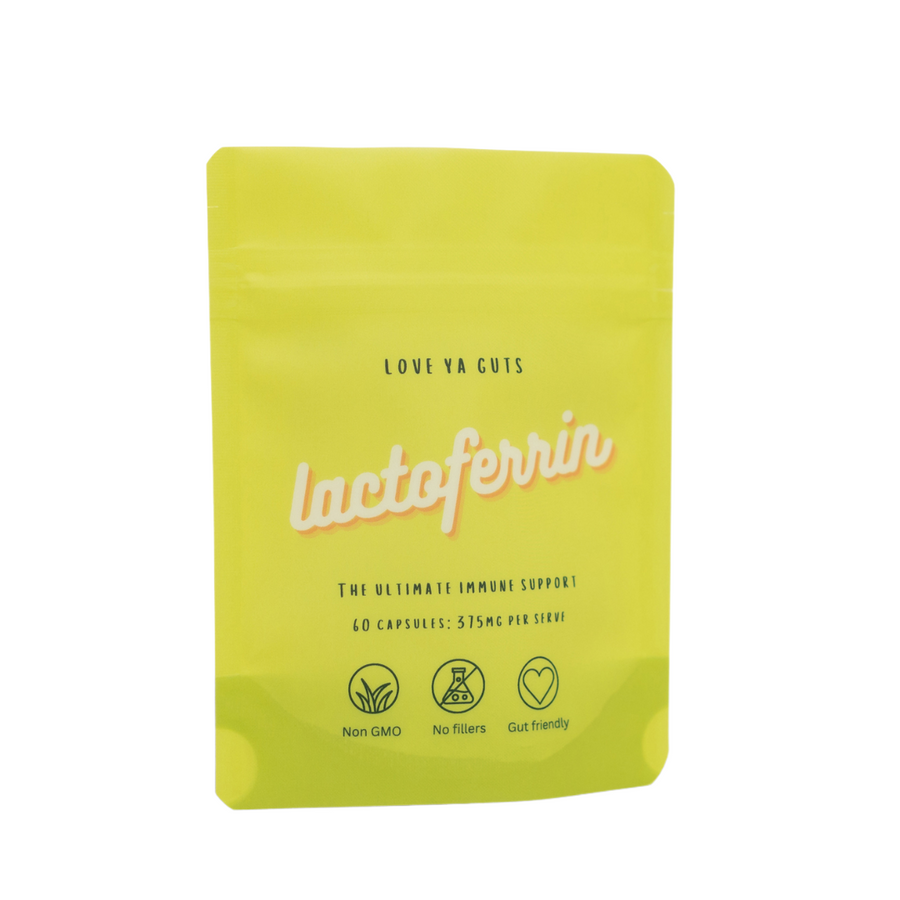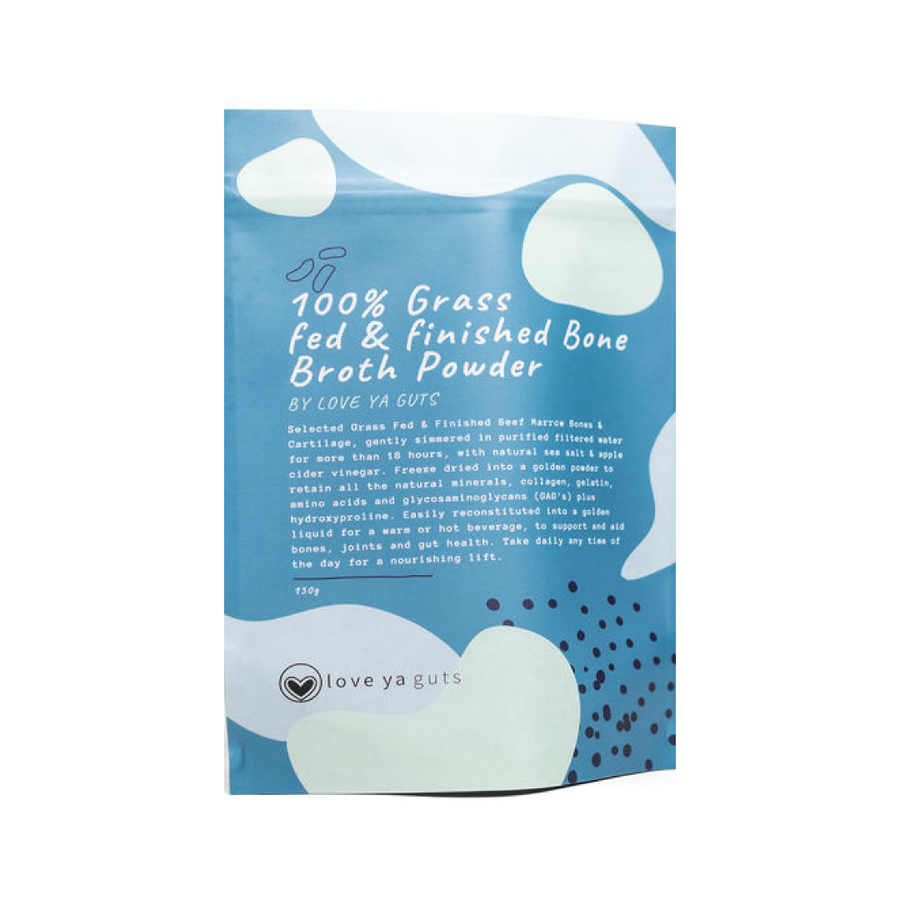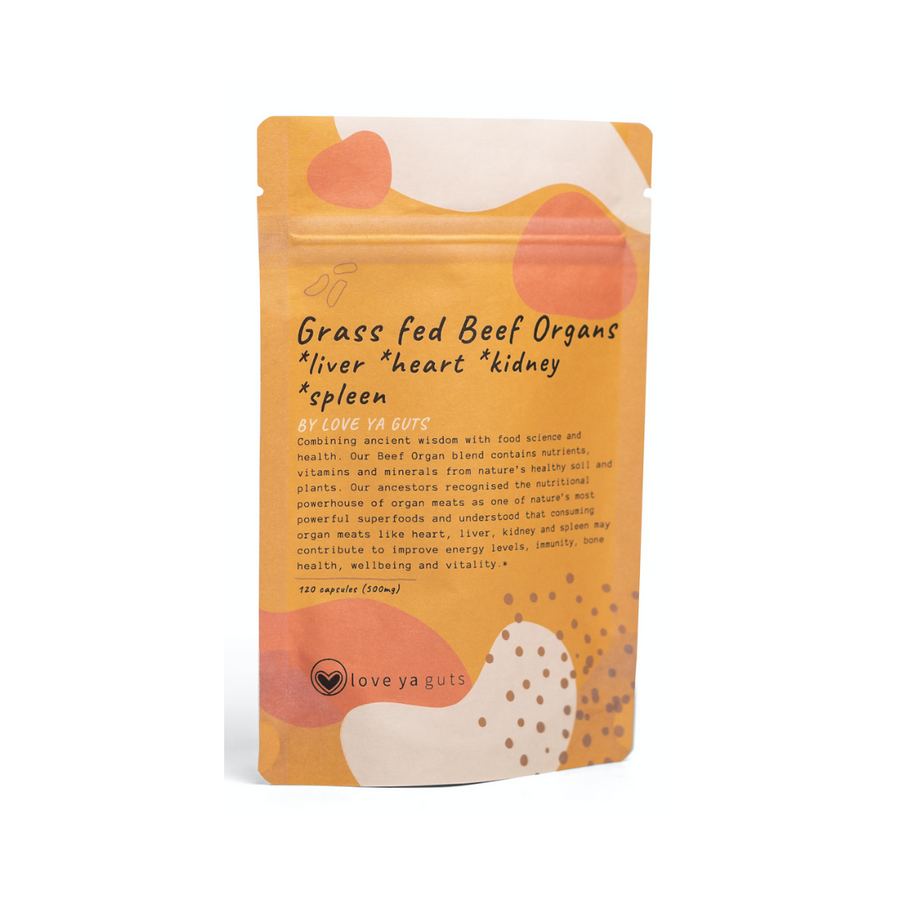Here’s the combined, in-depth blog post on children’s gut health, from prenatal foundations through early childhood, with practical steps to support a thriving gut microbiome:
Building Gut Health from the Very Beginning: Before and During Birth
Believe it or not, a child’s gut health starts forming long before they arrive in the world.
The mother’s health, diet, and even the birth process all play crucial roles in setting the foundation for a healthy gut microbiome, which can affect a child’s health throughout their life.
-
Gut Health Begins in Utero
A baby’s gut health journey starts in the womb. While the womb is mostly sterile, a mother’s diet and health can influence the types of beneficial bacteria that colonise the baby’s gut after birth.
Maternal Diet: A nutrient-rich, diverse diet in the mother supports a balanced microbiome, providing beneficial bacteria that help prepare the baby’s gut for a healthy start. Fiber-rich foods, healthy fats, and probiotics (like yogurt or fermented foods) are especially beneficial, helping to “seed” the baby’s gut with good bacteria after birth.
Stress and Hormonal Health: Stress levels and hormones during pregnancy also play a role in a baby’s microbiome. High maternal stress can impact the balance of bacteria, potentially increasing the baby’s risk for gut inflammation or imbalances later in life. Practicing stress management, like light exercise, meditation, or connecting with loved ones, can benefit both mother and baby.
Antibiotic Use: Antibiotics during pregnancy, while sometimes necessary, can disrupt gut bacteria balance. If antibiotics are needed, supporting the mother’s microbiome afterward with probiotics and a fiber-rich diet can help restore balance for both her and the baby.
The Impact of Vaginal Birth on Gut Health
How a baby is born significantly impacts their initial microbiome. During a vaginal birth, a baby is exposed to the mother’s vaginal and intestinal bacteria, which “seed” the baby’s gut with beneficial microbes.
Microbial Transfer in Vaginal Birth: During vaginal delivery, a baby is exposed to beneficial bacteria like
Lactobacillus and
Bifidobacterium, known to support digestion, immunity, and even mood regulation. These bacteria help populate the baby’s gut, supporting strong immunity and healthy digestion.
Differences with C-Section Birth: Babies born by cesarean section don’t experience the same exposure to the mother’s microbiome and are instead colonised by bacteria from the environment, like skin bacteria. Research shows that C-section babies often have a different microbiome makeup in early life, with fewer beneficial bacteria. Although this doesn’t prevent C-section babies from having a healthy gut, they may benefit from extra microbiome support after birth.
Breastfeeding to Build Gut Health: For both vaginally and C-section-born babies, breastfeeding offers a unique way to support gut health. Breast milk contains probiotics and prebiotics that nourish beneficial gut bacteria and strengthen the immune system. These beneficial microbes and nutrients can help balance and support the baby’s gut health in their earliest days.
Early Childhood and Beyond: How Gut Health Impacts Children’s Wellbeing
From birth through early childhood, a child’s gut microbiome continues to grow and diversify, impacting everything from their immune system to brain development.
Immune System Support : About 70% of the immune system resides in the gut, making a balanced microbiome essential for fighting off germs. A healthy gut strengthens the immune response, helping kids fend off everything from common colds to stomach bugs. This immune support can also lower the risk of developing allergies or chronic conditions later in life.
Brain Development and Mood Regulation : The gut-brain connection is real! The bacteria in the gut produce neurotransmitters like serotonin and dopamine, which influence mood, focus, and behaviour. For kids, a balanced gut can mean better focus, fewer mood swings, and healthier cognitive development as they grow.
Nutrient Absorption : Growing bodies need lots of nutrients, and a healthy gut ensures these nutrients are properly absorbed. Beneficial bacteria in the gut help break down food, absorbing key nutrients like calcium, iron, and B vitamins—all essential for growth, bone strength, and energy.
Reducing Risk of Allergies and Sensitivities : Children with imbalanced microbiomes are often more prone to food allergies, sensitivities, and even eczema. A diverse, balanced gut microbiome helps regulate immune responses, which can reduce the likelihood of developing allergies and support better skin health
How to Support Your Child’s Gut Health as They Grow
-
Incorporate Probiotic and Prebiotic Foods
Probiotics (good bacteria) and prebiotics (fiber that feeds good bacteria) are a dynamic duo for gut health. Plain yogurt with fruit, kefir, and small amounts of fermented foods like sauerkraut introduce probiotics to the gut.
-
Be Mindful of Antibiotic Use
Antibiotics are sometimes essential, but they can wipe out good bacteria along with the bad. If your child takes antibiotics, support their gut afterward with probiotic foods or a child-safe probiotic supplement to help rebuild their microbiome. Recovery can take time, so consider foods that keep good bacteria thriving.
-
Limit Processed Foods and Sugar
Processed foods and sugary snacks can upset the balance of bacteria, encouraging the growth of “bad” bacteria. Instead, offer whole foods like fruits, nuts, and veggies. Smoothies or fruit with a bit of nut butter make great, nutrient-dense snacks that support a balanced gut.
-
Encourage Outdoor Play and Activity
Outdoor play doesn’t just benefit their energy levels—it also introduces new, beneficial microbes that strengthen the gut. Physical activity and exposure to natural environments, like soil and plants, diversify the gut microbiome and encourage resilience in the immune system.
-
Establish a Consistent Sleep Routine
Quality sleep is essential for growing kids and for supporting a healthy gut. Lack of sleep can disrupt gut bacteria, while regular, quality sleep supports a balanced microbiome. Establish a bedtime routine that encourages restful sleep, which, in turn, supports both immune function and mood stability.
-
Add Nutrient-Dense Foods Like Bone Broth and Beef Liver
Nutrient-dense foods like bone broth and beef liver pack a powerful punch for gut health and overall wellness.
Bone Broth: This warm, savory broth is rich in collagen and gelatin, which can strengthen the gut lining, aid in nutrient absorption, and support immune health. The minerals in bone broth—like calcium, magnesium, and phosphorus—are easily absorbed, making it an ideal way to boost your child’s nutrient intake. Plus, the amino acids like glycine help soothe the digestive tract, promoting a happy, healthy gut.
Beef Liver: Often called “nature’s multivitamin,” beef liver is packed with vitamins A, B12, and folate, which support everything from energy production and immune health to eye and skin health. Vitamin A, in particular, helps maintain healthy mucous membranes, supporting the gut lining and acting as a natural barrier against pathogens.
Supporting children’s gut health doesn’t need to be complicated. Small steps like offering a diverse diet with nutrient dense foods, encouraging outdoor play, and limiting processed foods can have a big impact.
Starting with gut health from birth, through mindful prenatal care, breastfeeding, and introducing gut-friendly foods, helps build a foundation of resilience and health that can benefit them for a lifetime.
By giving your child’s gut a little extra love and care, you’re setting them up for success in every area of health—from a strong immune system to better mood and energy levels, and even a lifetime of better eating habits.









